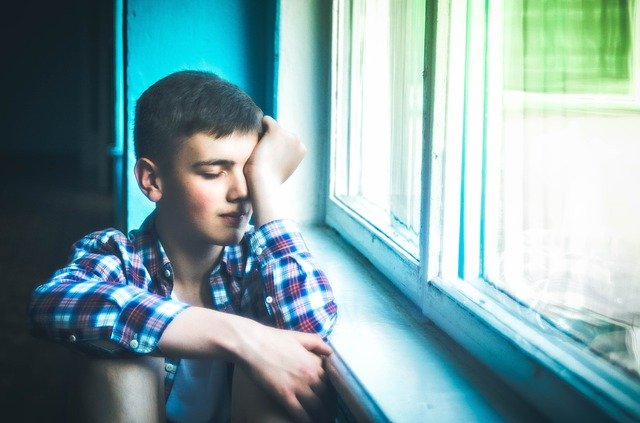How to Deal With Quarantine Fatigue: Is This Part of the New Normal?

Quarantine fatigue is at its peak since the COVID-19 pandemic placed the whole world into a grinding halt. Despite the stay-at-home protocols gradually being lifted, there have been signs of continuing restlessness and frustration in the general public.This is what is known as quarantine fatigue.
As humans, we are social creatures by nature and some of us have definitely hit their limit during these past weeks, being enclosed in the same space, either being alone or being with the same people, every single day. Due to the abrupt change and unpredictability, many individuals have developed quarantine fatigue.
ALSO READ: Health Officials Speak Up About Asthmatic Patients and Discomfort in Wearing a Face Mask
What is Quarantine Fatigue?
Fatigue is typically a symptom and not a state of illness. When an individual will come to talk to you about feeling some sort of exhaustion, the best possible course of action is to get to the bottom of what's causing the person's fatigue.
We look at fatigue as something in which you don't have the right amount of energy to get through generally in a day. It can also be in the form of mental exhaustion, where one does not just have the courage to continue a routine or work on a specific activity.
Additionally, fatigue goes beyond sleep. A person needs to sleep well to recharge for the day. But when experiencing fatigue, one has barely the adequate amount of energy even with enough sleep, which is not really motivating.
WOW: 103-Year-Old Retired Doctor Walks Month-Long Marathon to Fund COVID-19 Research
Similarly, quarantine fatigue is the intense burden brought about by physical and social distancing. This could be reflected in not wanting to wear an N95 mask because you just don't feel like it, or maybe you "forgot" to wash your hands after you made a quick supply run to the local Mom & Pop store.
What are the signs of quarantine fatigue?
-
Irritability
-
Anxiety
-
Feelings of stress
-
Lost or increased appetite for eating
-
Difficulty in sleeping
-
Decreased productivity
-
Repetitive intrusive thinking
But you need not to worry because these things can definitely be managed.
DON'T MISS THIS: Early Lockdown Regulations May Have Stopped 60 Million Infections in the US, Research Says
How are people responding to quarantine fatigue?
The months of isolation took a toll both mentally and physically on a lot of people for several reasons. Let's face it: the first few weeks of being left by ourselves were tolerable. But then we begin to miss and crave for what we've left behind. Our need of physical human interaction became more apparent each day.
To address quarantine fatigue, we must first understand and decipher our wants and the needs. Our needs are basic food, water, and shelter, while our wants are those which break the monotony of doing the same basic thing each day.
Here's what you should do to defeat quarantine fatigue:
-
Maintain self-care and healing
-
Be open and don't bottle up your feelings
-
If you know that it will affect you mentally, stay away from what is socially happening
-
Get on a daily routine
-
Acknowledge and address negative feelings
While overwhelming, remember that everyone is most likely feeling the same way right now. The best thing to do is to keep oneself patient and vigilant during these stressful times.
READ MORE: Potential COVID-19 Drug Shows Promise, But Government Says It Needs More Research
© MD News Daily.
